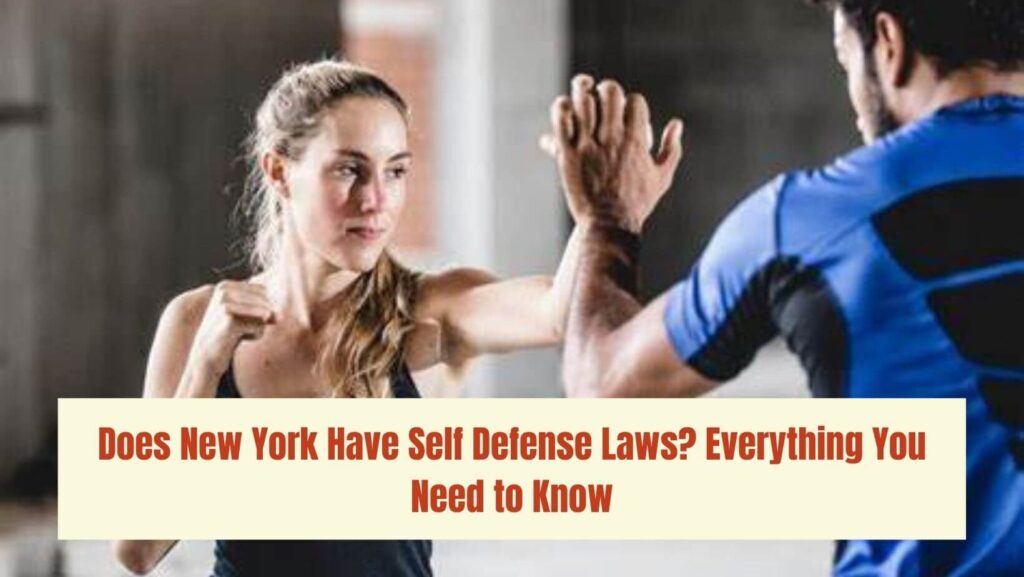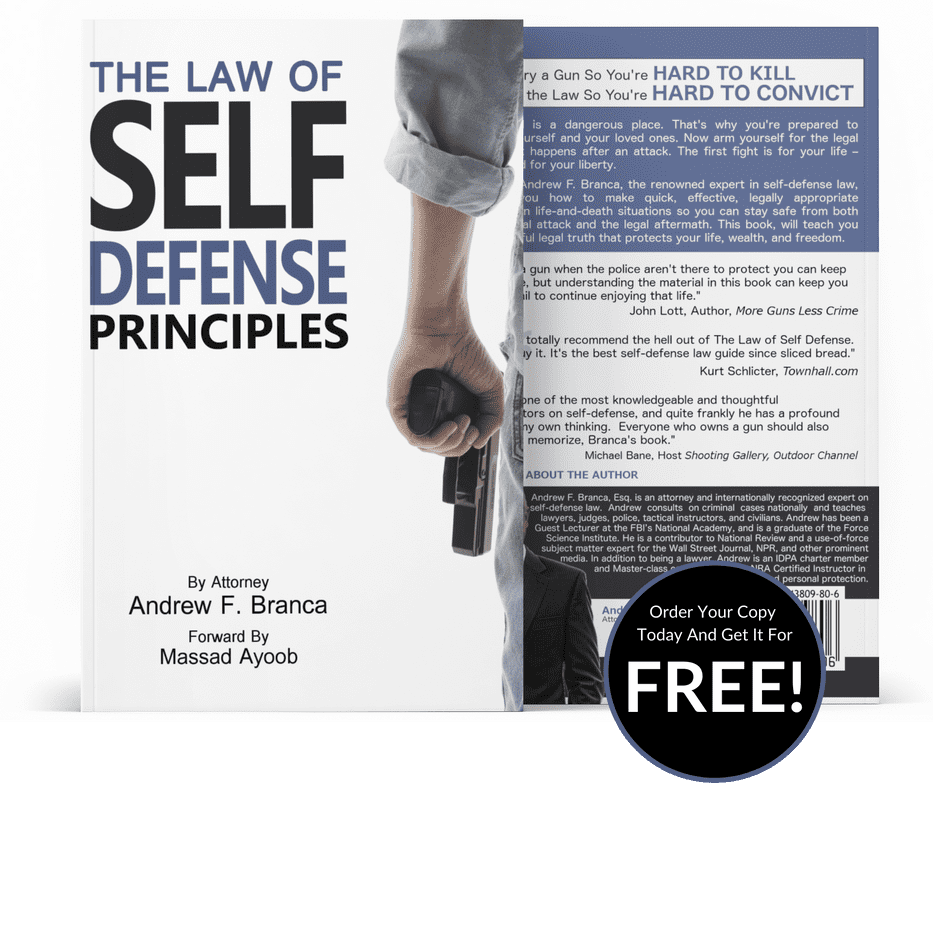Self-Defense Laws in New York

In New York, the right to self-defense is recognized by both common law and statute. The common law right to self-defense allows individuals to use reasonable force to defend themselves or others from imminent harm. The statutory right to self-defense is codified in Penal Law § 35.05, which provides that a person is justified in using deadly physical force in self-defense when he or she reasonably believes that such force is necessary to prevent imminent death or serious physical injury to himself or herself or to another person.

Elements of Self-Defense in New York

To establish a claim of self-defense in New York, the following elements must be proven:
- The defendant was not the initial aggressor.
- The defendant reasonably believed that he or she was in imminent danger of death or serious physical injury.
- The defendant used no more force than was necessary to repel the attack.
- The defendant acted in self-defense, not out of retaliation or revenge.
Imminence Requirement
The imminence requirement is a key element of self-defense in New York. To justify the use of deadly physical force, the defendant must reasonably believe that he or she is in imminent danger of death or serious physical injury. This means that the danger must be immediate and unavoidable. The defendant cannot use deadly physical force to defend against a threat that is remote or speculative.
Deadly Physical Force
Deadly physical force is defined as any force that is likely to cause death or serious physical injury. This includes the use of a firearm, a knife, or any other weapon. It also includes the use of physical force, such as punching, kicking, or choking.
Use of Force
The amount of force that is justified in self-defense is limited to what is necessary to repel the attack. This means that the defendant cannot use more force than is reasonably necessary to protect himself or herself or another person from harm. If the defendant uses excessive force, he or she may be charged with assault, battery, or even murder.
Retaliation or Revenge
Self-defense is not a justification for retaliation or revenge. The defendant must act in self-defense, not out of a desire to harm the attacker. If the defendant acts out of retaliation or revenge, he or she may be charged with assault, battery, or even murder.
Affirmative Defense
Self-defense is an affirmative defense, which means that the defendant must raise it in court. The defendant has the burden of proving that he or she acted in self-defense. If the defendant fails to prove self-defense, he or she may be convicted of the crime charged.
Conclusion
The right to self-defense is a fundamental right in New York. However, this right is limited by the requirements of the law. To justify the use of deadly physical force, the defendant must prove that he or she acted in self-defense, not out of retaliation or revenge. The defendant must also prove that he or she reasonably believed that he or she was in imminent danger of death or serious physical injury and that he or she used no more force than was necessary to repel the attack.






